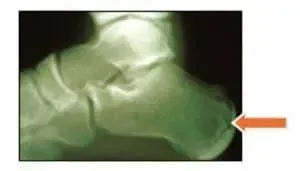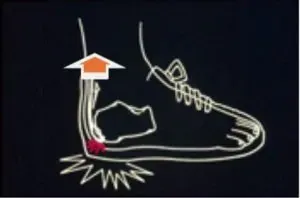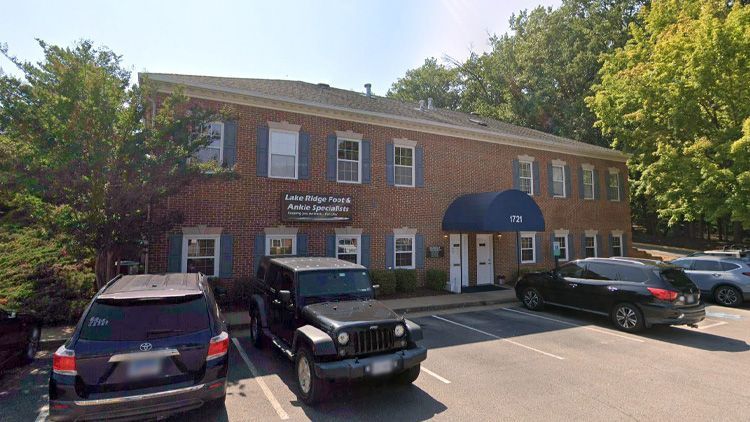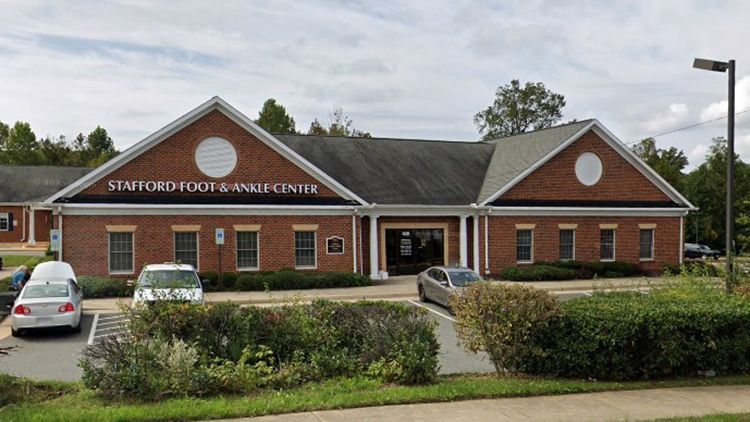Heel Pain (Plantar Fasciitis) Treatments
Understanding Heel Pain
Relief for Plantar Fasciitis and Other Causes of Heel Discomfort
Plantar Fasciitis is one of the most common causes of heel pain. The plantar fascia is a ligament that supports the arch of the foot. Plantar fasciitis occurs when this ligament becomes overstressed, damaged, and inflamed.
Causes of Heel Pain / Plantar Fasciitis
Some common causes include:
- Weight gain
- Excessive physical activity
- Abnormal gait or walking patterns
- Improper or ill-fitting shoes
- High-impact activities (such as repetitive jumping, tennis, or basketball)
- Tight calf muscles and Achilles tendon
Symptoms and Presentation
- Heel pain, redness, or swelling
- Sharp, knife-like pain with the first steps in the morning
- Pain that improves after walking a few steps but returns after prolonged standing or activity
- Discomfort that can occur in one or both feet
Diagnosis
To properly assess heel pain, your podiatrist may recommend:
- X-rays to check for heel spurs and rule out fractures
- Ultrasound to evaluate plantar fascia thickness or tears
- Clinical examination of the heel, foot, and Achilles tendon
- Gait analysis to identify biomechanical issues
Treatment Options
Plantar Fasciitis can become chronic if not addressed early. Treatment may include:
- Strapping and stretching
- Corticosteroid injections
- Oral anti-inflammatory medication
- Shoe gear modifications
- Custom orthotics
- Night splints
- Immobilization with a cast or walking boot
- Extracorporeal Shock Wave Therapy (ESWT / EPAT)
- Physical therapy
Heel Pain in Children
Children between ages 8 and 14 may develop heel pain due to growth spurts that cause tight Achilles tendons. This tightness places stress on the heel’s growth plate, leading to irritation and pain — especially with sports like soccer or basketball.
Symptoms in children include:
- Pain when pressing under or squeezing the heel
- Tenderness and inflammation at the growth plate
Treatment options include:
- Rest, ice, and anti-inflammatory medication
- Arch supports and heel lifts
- Non-weight bearing splints or casts for severe cases
- Functional foot orthotics for long-term relief


This condition usually resolves once the growth plate closes around age 13–14.the deformity from worsening and help restore comfort and mobility.
Start Your Journey to Healing Today
Talk With Foot and Ankle Specialist Today!
If you are experiencing sudden Achilles pain or loss of mobility, do not wait to get help. Contact us today to schedule an evaluation or to learn more about our treatment options. Our team is here to provide expert care and guide you through every step of recovery.



